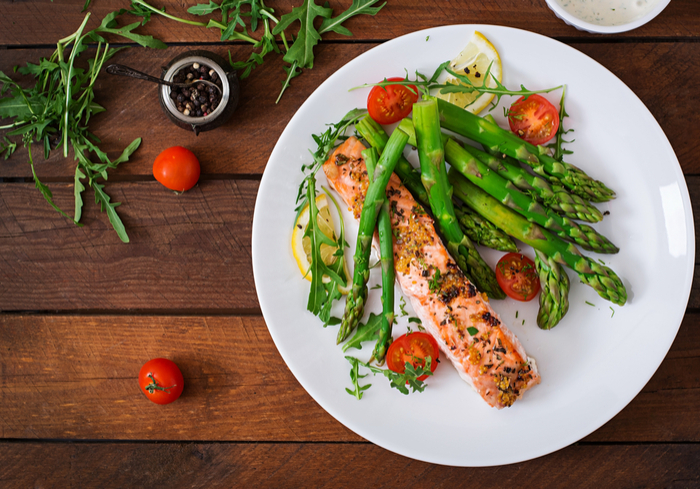Tovala Heats Up Meal Kit Subscriptions With Steam Oven

One meal kit startup is taking on the market with a new business model. Tovala discounts a steam oven — relatively new technology for a residential kitchen — to entice consumers to sign up for a meal kit subscription service.
The idea is to make it easy for consumers to eat healthy and, presumably, to encourage subscriptions. “Busy people need an effortless way to eat healthy, so [Tovala’s] whole mission is around making it easier for people to eat better,” Lauren Funk, VP of Marketing for Tovala, told PYMNTS in an interview.
To participate, consumers use the service for food prep, food delivery, and cooking. They order meal kits through Tovala, scan the barcode on the Tovala packages they receive, and heat up their food in the Tovala oven. David Rabie, who studied at The University of Chicago Booth School of Business, teamed up with engineer Bryan Wilcox to develop the oven and to launch the service.
Steam Oven Technology
Tovala’s hardware is a countertop combination oven that offers baking, broiling, and steaming modes, bringing features found in commercial kitchens to residences.
“This ability to automate multi-step cooking . . . is not available in consumer households right now,” Funk said. “This is typically a commercial-style appliance.”
Unlike traditional ovens, the steam oven switches between bake, broil, and steam without human intervention. The result is food cooked through its optimal method and consumers don’t have to fuss with the settings.
While this technology is not widespread now, Funk said the adoption of steam ovens could hit American households like microwaves in the 1980s. Originally, the appliances were not in many homes, but they are now ubiquitous.
Steam ovens have some notable advantages, according to Funk. They allow consumers to cook their food quickly and typically have a smaller energy footprint than other cooking methods. And though Tovala does sell meal kits, consumers can cook their own food in the oven as long as it can fit within its dimensions.
Tovala’s oven offering is not alone in the market, with competitors like the Anova Precision Cooker and Electrolux also providing similar services.
Subscription Service
In conjunction with the oven, Tovala offers a meal kit subscription service, which consumers order for three meals a week. If consumers commit to purchasing a set number of kits, they receive discounted pricing on the oven. “We’re essentially making a deal with a customer that if you commit to ordering some meals with us, we’ll drop the cost of the oven,” Funk said.
Tovala’s service — and its model that encourages a commitment to meal kit subscriptions — comes as not all meal kit companies are retaining their customers. According to a Wall Street Journal report, roughly 70 percent of Blue Apron Holdings customers walk away from regular purchases a mere six months after joining the service — and that tally is topped by the 80 percent of HelloFresh users who churn.
Blue Apron and HelloFresh’s churn rate comes against a backdrop where 150 meal kit delivery companies came to life in just the past five years. Of that tally, said the WSJ, at least four have shuttered. The projections are still enthusiastic, as some analysts think the sector can command $6 billion in sales three years from now, up from the $2 billion logged in 2016, per data from Pentallect.
The “Netflix of Food”
In the future, the company hopes to partner with chefs and more brands. It sees Tovala as a platform, essentially, on which others can build. Rabie, the company’s CEO, sees it as the “Netflix of Food,” after all.
Tovala has several investors, including Tyson Foods, Inc. The exact amount of the funding was not disclosed, but Tyson’s investment appears to have been earmarked to finance collaborations on Tyson-branded meals through the Tovala meal prep subscription service offering.
Tyson’s investment comes as kitchens are, well, getting smarter. Original equipment manufacturers (OEMs) are developing all sorts of connected kitchen devices. LG, for example, unveiled its InstaView ThinQ Refrigerator at this year’s Consumer Electronics Show (CES), an appliance that uses artificial intelligence (AI) to decide which instructions to send to other appliances like an oven or dishwasher.
Overall, Funk sees more appliances working in concert with services like Tovala. “There’s a trend toward hardware and software in the food space combining, and I think we’re in a great spot to play that space,” Funk said.